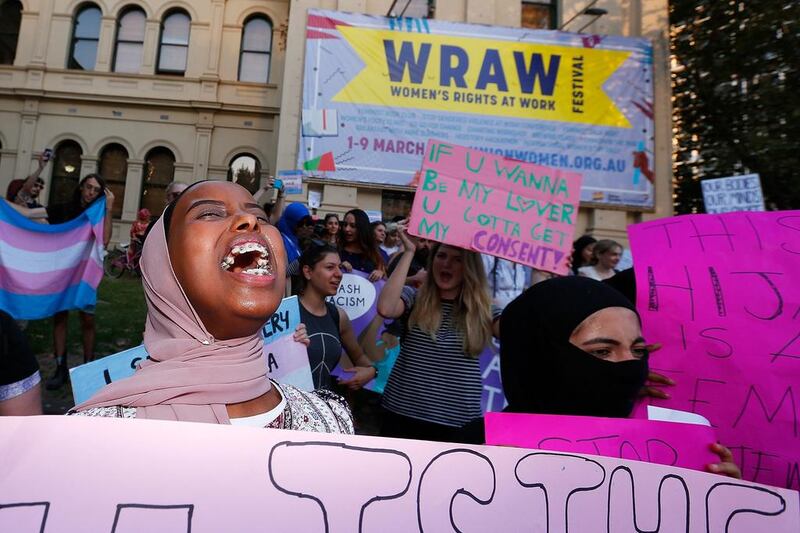Have you heard the one about how women’s place of work has always been in the home? The one where women should not go out to work, that this is how it always has been and always should be?
The truth is, work is not something that just happens in a formal workplace. Work happens in the household as well, which doesn’t make it any less onerous, physical or important. In fact, work in the home is a 24/7 job, literally, especially if children are involved. Oh, and no-one pays you.
Even if we move past this vital change that needs to be made in our collective thinking about what constitutes work, the history of women’s work as having been confined to the home still isn’t true.
Yet we mythologise the idea that women have always been in the home. It’s main aim is to suggest that women should always be in the home, since that is how it was always done.
We reach into an idealised past to claim it as a template for an idealised future.
Women have always gone out to work. The idea of women staying at home to tend full time to childcare is a relatively recent phenomenon.
If we dig into our own experiences and knowledge, we would realise that this is true. We have collected in our lives stories and anecdotes that tell us of women selling wares from their home, of women working in the fields harvesting, of women being involved in family businesses and of women bringing money into the home. Women have always worked both in the household and outside it, to earn money. Clearly we know that women “work” in whatever meaning of the word you choose.
We realise immediately that women’s histories need to be re-written to reflect the reality more accurately, and to ensure that we open up new possibilities of what our future could look like.
Too much of history focuses on matters of state, featuring mostly male protagonists, as power was held by men. We see that as important history. But equally important is social history, on the ground, in communities and in homes. There women feature prominently.
Too often, we downplay this aspect of history. Nevertheless it is as important.
This week saw the celebration of International Women’s Day, a marking of women’s contributions as well as women’s futures. Ensuring that women’s history is accurately recorded is an important springboard for mapping out the strategies we need to implement to redress the injustices that women face all around the world, whether that is access to opportunity and resources or fighting stereotypes and misogyny.
Sometimes people argue that there are no women whose deeds we can recount. Even when we try hard we may not find female presence, because it’s true that women often didn’t rise to prominence in public affairs.
Not because they were not capable, but precisely because they were not given the opportunity, or if they were given the opportunity, they were not credited.
Or they were seen as aberrations, exceptions that prove the rule of what women were and therefore what they should be – only what they are capable of.
We know the victor writes history, but they also have the privilege to forget what has happened and expect those who were not the victors to forget too.
So when women ask for rights, get angry about oppression, ask for quotas or all female shortlists, these strategies are not seen as they should be as corrective and rebalancing the past.
Instead, the millennia of devastating imbalance that needs to be redressed are quickly forgotten, and the actions are portrayed as if they take place in a vacuum, as angry women vilifying men and attacking them.
This is exactly why there is a growing movement towards a women’s history month, something that already takes place in the United States. We need to revisit history and write women’s contributions and participation into it. Re-framing women’s past is an important step towards writing a better future.
Shelina Janmohamed is the author of the books Generation M: Young Muslims Changing the World and Love in a Headscarf
On Twitter: @loveinheadscarf





